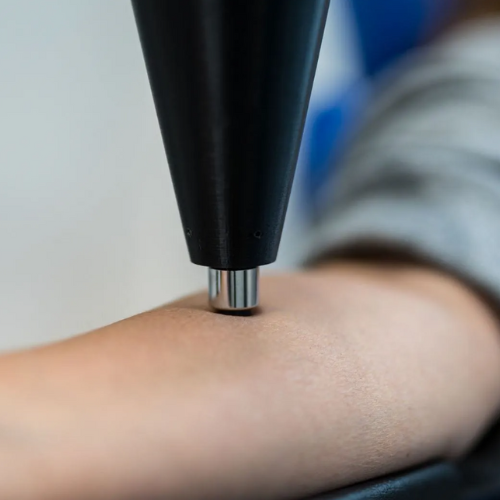Native human skin has been reported in the literature as being an important experimental model for studying skin biology. Studies performed by our group have shown that ex vivo skin, from elective plastic surgery, maintains the biological characteristics of native skin under specific culture conditions. As such, it might be a feasible model for the safety and efficacy testing of topical substances.
While Brazil is at the forefront of global regulation implementation, Brazilian researchers are not always able to transfer certain widely used protocols to their laboratories, particularly protocols that involve the use of reconstructed tissues with limited viability, such as those for skin corrosion (OECD TG 431) and irritation testing (OECD TG 439).
In this study, we investigated the applicability of the ex vivo skin model to the evaluation of irritation and corrosion potential of a number of proficiency substances described in TG 431 and TG 439. The skin fragments were standardised in size and diameter, and placed into cell culture inserts. The experimental protocol was conducted according to TG 431 and TG 439. The results obtained show that ex vivo skin could represent a promising tool for the evaluation of irritation and corrosion potential of substances (subject to inclusion and exclusion criteria), as recommended by OECD guidelines. While this is a proof-of-concept study, the use of ex vivo skin should be considered for such testing.





